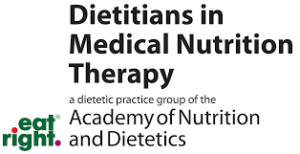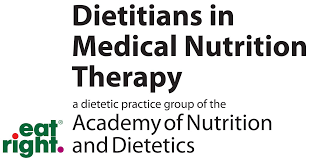What is the diet?
During flares or active disease, your inflammatory bowel disease (IBD) symptoms — including Crohn’s disease or ulcerative colitis — may consist of many and/or urgent trips to the bathroom, loose stool, pain, cramps, gas, mucus and/or blood in stool, and poor appetite. Following the diet tips below may help to reduce symptoms and ease some of your discomfort.
What conditions is the diet used for?
Crohn’s disease
Ulcerative colitis
Diet tips for patients with IBD
You need more calories and nutrients when you have inflammation (swelling). These tips may help you get to a healthy weight, get more nutrients and reduce symptoms.
-
Include each food group at a meal.
Protein: fish, lean chicken and turkey, eggs, tofu, beans (as tolerated), all-natural nut butters.
Starches: potatoes, rice, pasta, breads, oats.
Fats: Use olive oil when possible. Limit palm and coconut oil.
Dairy: Choose low fat dairy products.
Fruits and vegetables, as tolerated. If you have symptoms, slowly increase the easy-to-digest forms (soups, smoothies) then, progress as tolerated.
-
Eat small frequent meals.
Try eating six small meals instead of three large meals.
-
Chew your food enough to break it down.
-
Avoid fried, greasy foods or food with a heavy sauce on it.
-
Limit red (beef, lamb, pork) and processed (hot dogs, sausage, lunch meat) meats.
Eat in small amounts and not every day.
-
Try lactose free dairy if dairy causes symptoms.
-
Limit the use of foods and drinks containing sugar alcohols or artificial sweeteners.
Stevia, aspartame, sorbitol, mannitol, and xylitol are some examples.
-
Stay hydrated.
Choose low sugar electrolyte drinks if you have frequent loose stools.
-
Limit drinks with caffeine.
-
Drink alcohol in moderation.
-
Choose whole foods when possible.
When eating processed (packaged) foods, choose the ones with simple ingredients.
Also consider:
- If you have unwanted weight loss, add in foods such as avocado, smooth nut and seed butters, olive oil, aged cheeses, Greek yogurt, and dips. Have smoothies and soups as snacks. You may need to add nutrition supplements (Ensure®, Boost®, Orgain®, OWYN®, Kate Farms®) to help you get to a healthy weight
- If you have a stricture, soups and smoothies may be better tolerated.
- When symptoms decrease, expand your diet. Add in fruits, vegetables, and whole grains.
Resources
Written by

Laura Manning, MPH, RDN, CDN
Reviewed by the DIGID Inflammatory Bowel Diseases workgroup ©March 2021

Laura Manning, MPH, RDN, CDN
DIGID Disorders of the Brain Gut Interaction Reviewed by the DIGID Inflammatory Bowel Diseases workgroup ©March 2021




